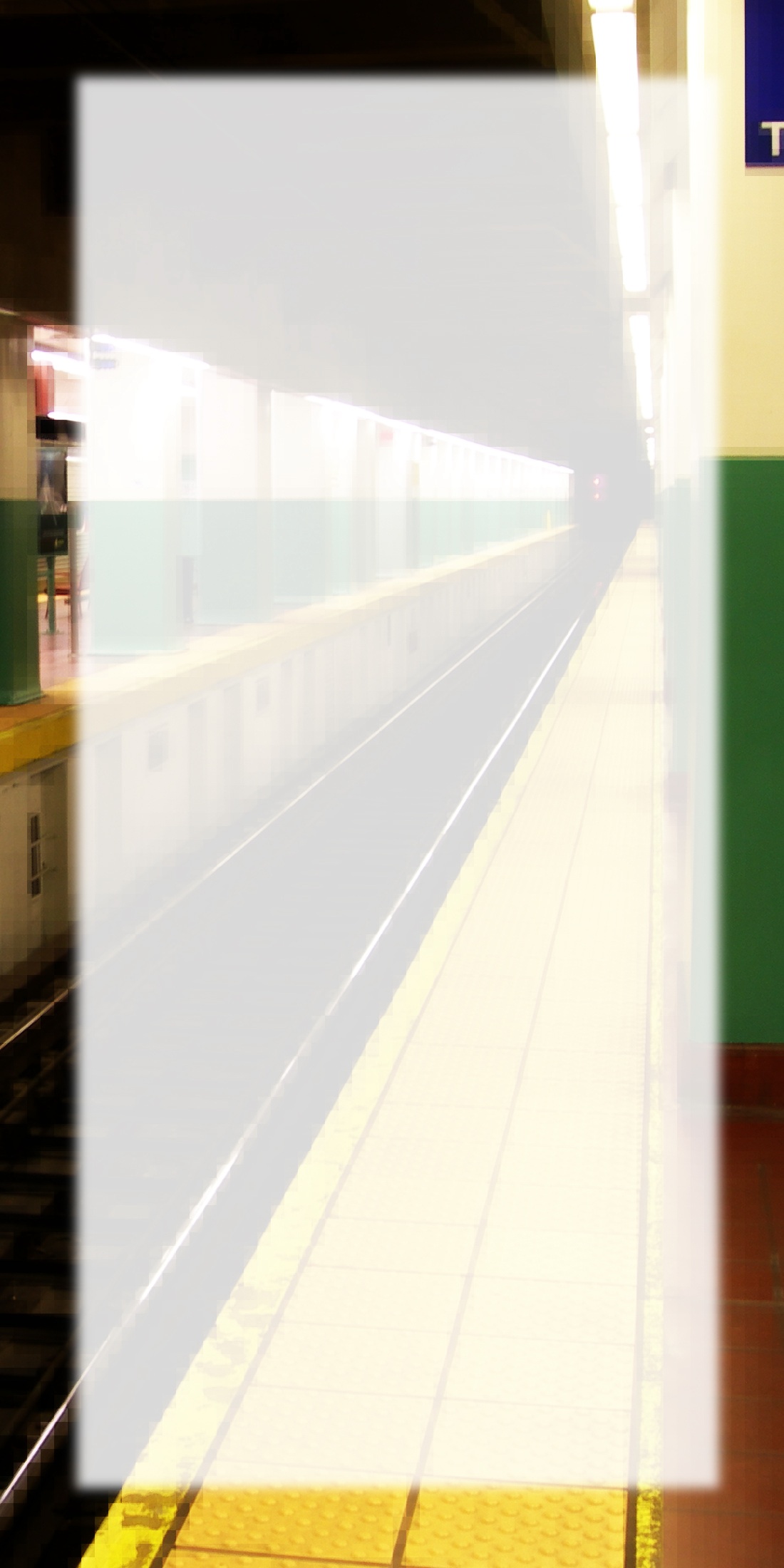On the day before my father’s funeral I discovered my true inheritance, a gift from my Papi, a piece of the big picture that will never hang among the water colors and sketches in my student apartment.
My father’s final illness was long and tortured; I was at college and couldn’t be with him. When he breathed his last, my sisters, who had kept vigil, called me from the hospital. I took the midnight bus out of Mexico City. Arrived late to an empty bus terminal and a ride with last taxista; the seats of his ancient Beetle covered with woven rugs to keep the springs from wounding late night passengers.
“Ándale Maestro. Vamos al centro. Take me home.”
Even tired and grieving the sight of the narrow streets, the wrought iron gates, the Cathedral towers filled me with a piercing joy. The streetlight in front of our house was burnt out. My key fumbled in the lock, and I thought I’d roused the whole household, but my mother was asleep after a day of crying. All the beds upstairs were filled with my sisters and their children. The hall was warm with their accumulated breath. I made a bed for myself on the living room couch. Propping my head on a souvenir pillow from Acapulco, I dozed fitful hours, listening to the night watchman’s lonely whistle in the streets of the neighborhood, and watching the lace curtains gradually turn gray.
Morning was awful. My sisters made me breakfast, but without my father’s company in the kitchen, I had no appetite. I felt outnumbered and restless. When I was a child we’d flee the house of women together, sometimes spending hours in the park, or playing chess in my Uncle Gustavo’s cluttered artist’s studio; a manly refuge with its smell of cigarettes, paint and the strong coffee he brewed on a hotplate. It was my Uncle’s hand that first guided mine across a blank page, charcoal stick clutched like a caramel. The cat appeared in a few quick strokes, back arched, furious, just as she’d appeared in the street in front of our house. My first portrait of an angry female.
The kitchen was crowded with women arranging food for the mourners. I couldn’t face my mother yet and wandered into the dining room, with the pretext of arranging flowers on the family altar.
There I found the retablo under the velvet cloth. It was an oil on tin painting in the style of my parent’s youth. I was familiar with these votive paintings. I’d grown up seeing them posted at the church. My parents had commissioned one from my uncle Gustavo, when my baby brother died. He painted Isidro dressed in angelic white, toppling forward into the low fountain where he drowned. The dedication gave thanks to San Juan Bautista, that the baby died at his baptismal party before he had a chance to grow up and begin sinning. My parents tacked this retablo, next to the proclamations of other devoted families, so that everyone could see it and know that that my parents were at peace with having all girls in the family. Their only son a little saint in heaven.
But I was born a year later, and reclaimed the family name.
This hidden painting was different, somber colors, more elaborate figures and a dedication scrolled in spidery letters across the bottom. In it my mother and father recline in their bed. The green crocheted coverlet that my abuelita made preserves my father's modesty. The painter has reproduced the mole on Papi’s cheek, his thick mustache. My mother is on top of the covers, a voluptuous nude. One golden breast and the Y cleft of her buttocks are lovingly depicted. She lies on her side, with her hand on my father’s chest. Their faces are turned as if in a photograph, their eyes dark and serious. The Virgin of Guadalupe hovers in a bubble of light in the corner of the bedroom. Under the bed, a man is hiding in the shadows. His mustache mirrors my father’s; in his hand he holds a paintbrush.
The text reads: "Santísima Virgen, Forgive me Mother, but the body is the Devil."
I study the painting and I think about my father, the hours we spent in the studio, what he must have realized from the time I made my first drawing. Yet he brought me there, shared me with his brother, delighted in my accomplishments and allowed me to grow up among my mother and sisters, who cherished and spoiled me like a young prince.
When the doorbell rings, I slide the painting back under the cloth and open the door to my Uncle. I embrace and kiss him. We are weeping. I draw him inside and bring him to the kitchen of my father’s house, where my mother and sisters have prepared for us a feast of mourning.
The 2008 Per Contra Prize is Accepting Submissions. Get the guidelines by CLICKING HERE
